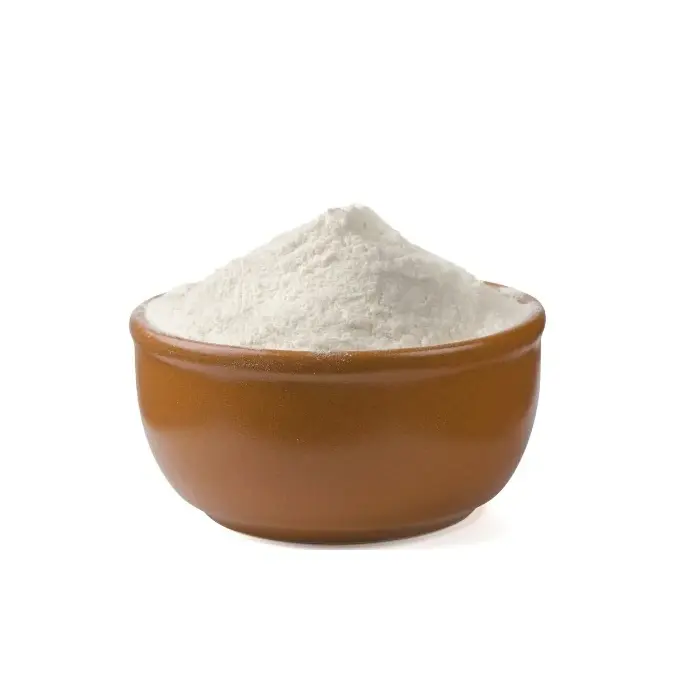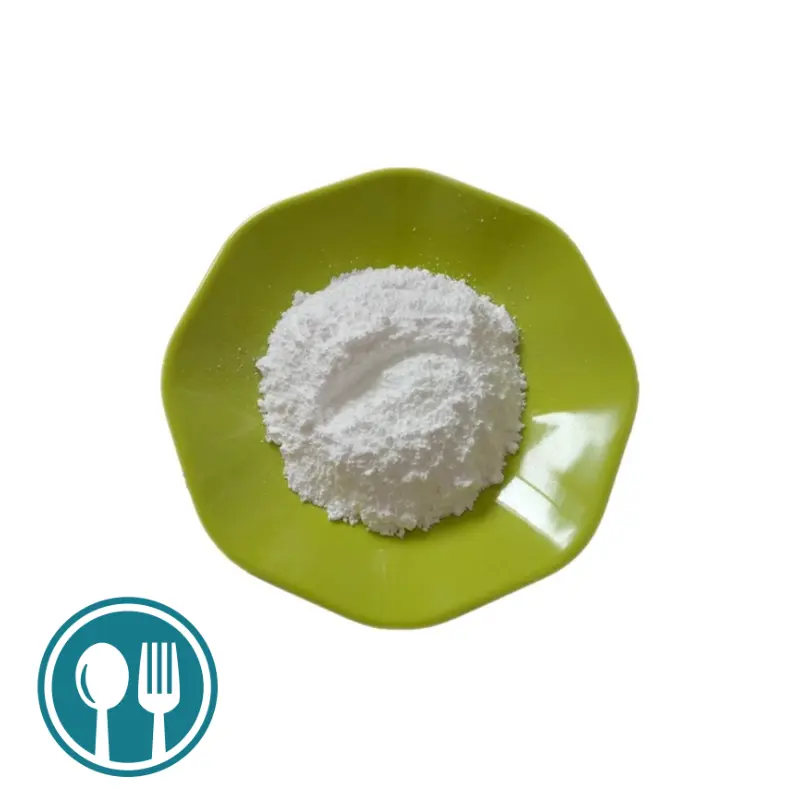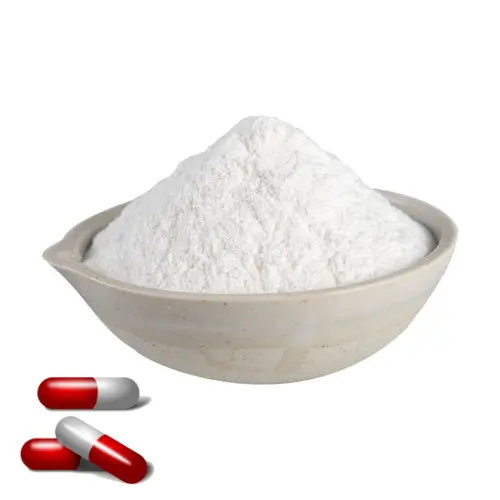Preparation of magnesium oxide by cyclic carbonization
Principle:
Magnesium carbide (MgCO₃) decomposes into magnesium oxide (MgO) and carbon dioxide (CO₂) at high temperature
The decomposed CO₂ reacts with carbon to form carbon monoxide (CO)
CO continues to react with the decomposing magnesium carbide to form magnesium oxide and more CO₂
Steps:
Raw material preparation:
Grind magnesite (MgCO₃) into fine powder
Mix with reducing agent (such as coal, coke)
Calcination:
Load the raw material mixture into a calciner
Heat to 800-1000°C
As the temperature rises, magnesium carbide begins to decompose into magnesium oxide and CO₂
Carbonization:
The decomposed CO₂ reacts with carbon to form CO
CO Continue to react with the decomposing magnesium carbide
Cyclic recovery:
The above calcination and carbonization process is repeated
This cyclic process allows the decomposition and reduction of magnesium oxide to continue
Magnesium oxide separation:
The cooled reactants contain magnesium oxide particles
Magnesium oxide is separated from the mixture by crushing and screening
Applications
Magnesium oxide is widely used. Messi Biology has developed and produced a series of high-tech fine magnesium oxide products, which are mainly used in the following industries:
1. In the chemical industry, it is mainly used to make various magnesium salts, such as magnesium hydroxide and magnesium carbonate.
2. Magnesium oxide is an additive for some foods. The foods we usually eat made with brine contain magnesium oxide. In food processing, magnesium oxide is not only used as a food additive, but also as a color stabilizer to make the food look better.
3. Magnesium oxide is tasteless, non-toxic, and insoluble in water. It will be used as a road de-icing agent. It has a fast de-icing speed and little corrosion to vehicles, which is much higher than the effect of sodium chloride.
4. High-purity magnesium oxide will be used in the pharmaceutical industry. The intake of magnesium oxide by the human body can help relieve constipation, acid reflux, indigestion, etc.
5. In addition to the above applications, magnesium oxide will also be used in glass, dyes, cables, electronics industry, insulation materials industry, etc.



